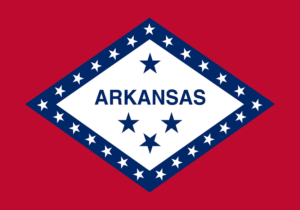Ark. R. Civ. P. 77
Amended November 11, 1991, effective January 1, 1992; amended March 13, 2014, effective July 1, 2014.
COMMENT Reporter’s Notes to Rule 77: 1. Rule 77 varies substantially from FRCP 77 and attempts to track prior Arkansas procedure. Overall, this rule does not make any significant changes in prior Arkansas law. 2. Under FRCP 77(a), the court is always considered open for the purpose of filing papers. This is consistent with FRCP 5(e), which permits the filing of papers with the judge personally, regardless of whether it is during the usual office hours of the court. 3. Although Ark. Stat. Ann. §§ 22-312 and 22-407 (Repl. 1962) seem to suggest that circuit and chancery courts are always open as provided in FRCP 77, the meaning is not the same. Under Arkansas law, the term “court always open” is intended to signify that a court remains in session continuously from the beginning of its term until the end thereof. Under the Federal Rule, a court is always open in the sense that papers can always be filed with the judge or clerk, regardless of whether the clerk’s office is open. Casalduc v. Diaz, 117 F.2d 915, cert. denied, 314 U.S. 639, 62 S. Ct. 74 (1941). 4. Section (b) differs from FRCP 77(b) and simply provides that unless otherwise provided by law, all hearings and trials shall be held in public. 5. Section (c) does not attempt to define the holidays when the clerk’s office may be open or closed. Reference to Rule 6(a) is necessary to find the definition of a legal holiday. 6. FRCP 77(d) is deemed unnecessary under Arkansas practice. Since the clerk does not prepare the judgment, there does not appear to be any necessity for the clerk to serve notice that a judgment has been entered. This is particularly true since counsel normally prepares the judgment and opposing counsel is afforded an opportunity to approve same. Addition to Reporter’s Notes, 2014 Amendment: Rule 77(b) prescribes that all trials and hearings are to be public except as otherwise provided by law. The rule cited Ark. Code Ann. § 16-13-318 as an example of an exception to the public-trials-and-hearings requirement of the rule. Section 16-13-318 was repealed by Act 1185 of 2003 and replaced by superseding statute, Ark. Code Ann. § 16-13-222. Subsection (b) of the rule is amended to cite the correct statute.

